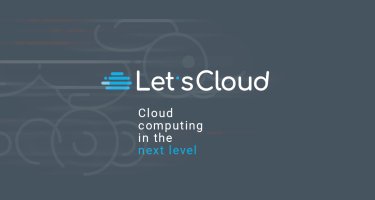EasyPanel is a modern, minimalistic control panel that simplifies hosting web applications on Linux servers.
It allows you to deploy your projects inside Docker containers easily, supporting popular frameworks such as Node.js, Python, PHP, Go, Laravel, Next.js, WordPress, and many more.
With EasyPanel, you can manage domains, enable SSL certificates, view real-time logs, and handle databases and environment variables — all from a clean graphical interface.
Goals
In this guide, you'll learn how to manually install EasyPanel on an Ubuntu 24.04 instance — perfect for developers who prefer full control over their setup.
At the end, we’ll also show how to deploy it instantly using LetsCloud’s One-Click Installation.
Requirements
Before starting, we recommend creating a LetsCloud instance with the following specs:
| Resource | Recommendation |
|---|---|
| Operating System | Ubuntu 24.04 LTS |
| CPU | 2 vCPUs |
| Memory | 2 GB RAM |
| Storage | 20 GB SSD |
| Public IP | Required |
➡️ Create your instance now at letscloud.io.
Installation Steps
Access your instance via SSH:
$ssh root@YOUR_SERVER_IP
Update the system:
$apt update && apt upgrade -y
Install Docker (if not already installed):
$$$apt install -y docker.io docker-compose
systemctl enable docker
systemctl start docker
Download and run the EasyPanel installer:
$bash <(curl -fsSL https://get.easypanel.io)
Access the web interface: After installation, open your browser and go to:
$http://YOUR_SERVER_IP:3000
You’ll be prompted to create an admin user on first login.
Conclusion
Once installed, EasyPanel is ready to manage and deploy your apps with just a few clicks. You can add domains, set up databases, and monitor containers effortlessly.
One-Click Installation
If you’d rather skip the manual setup, LetsCloud offers a preconfigured EasyPanel image for One-Click Deployment. In just minutes, your instance will be online with EasyPanel fully installed and ready to use.






0 COMMENTS